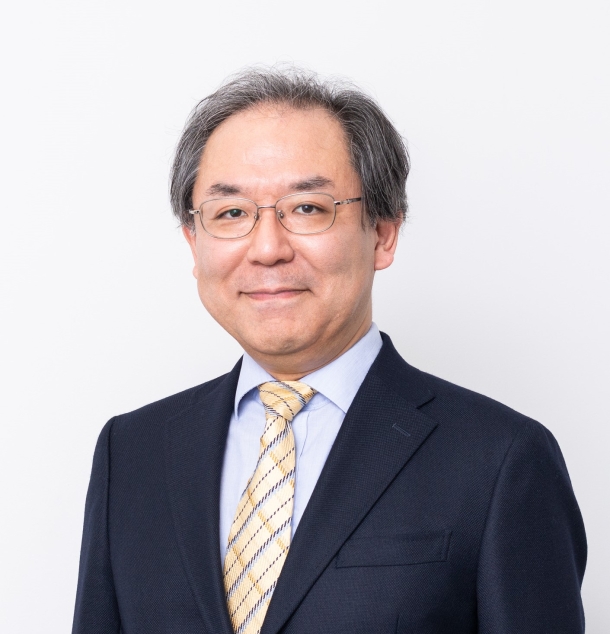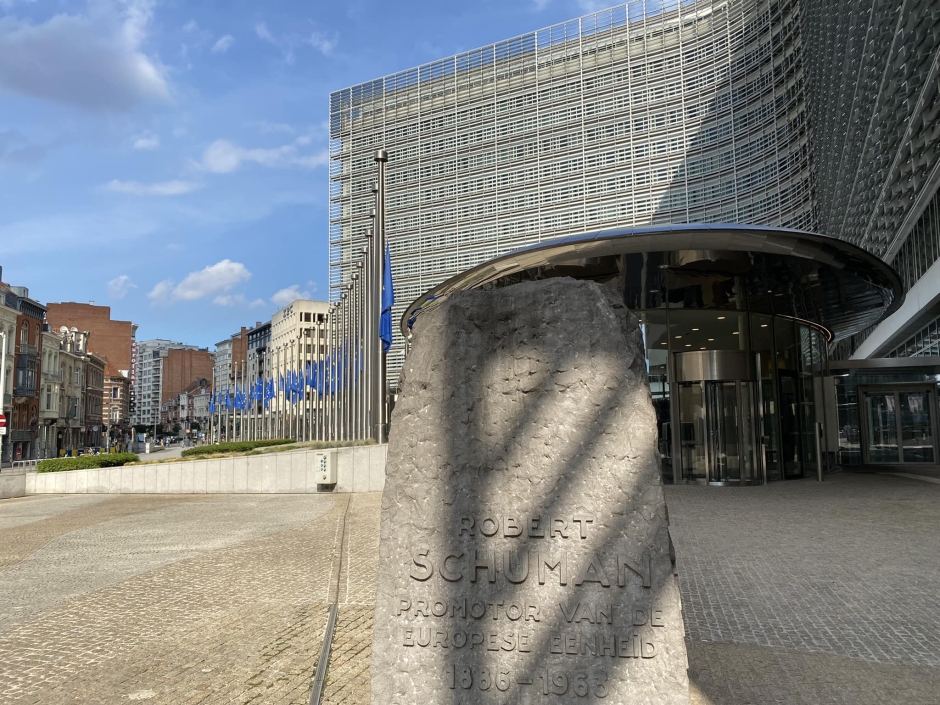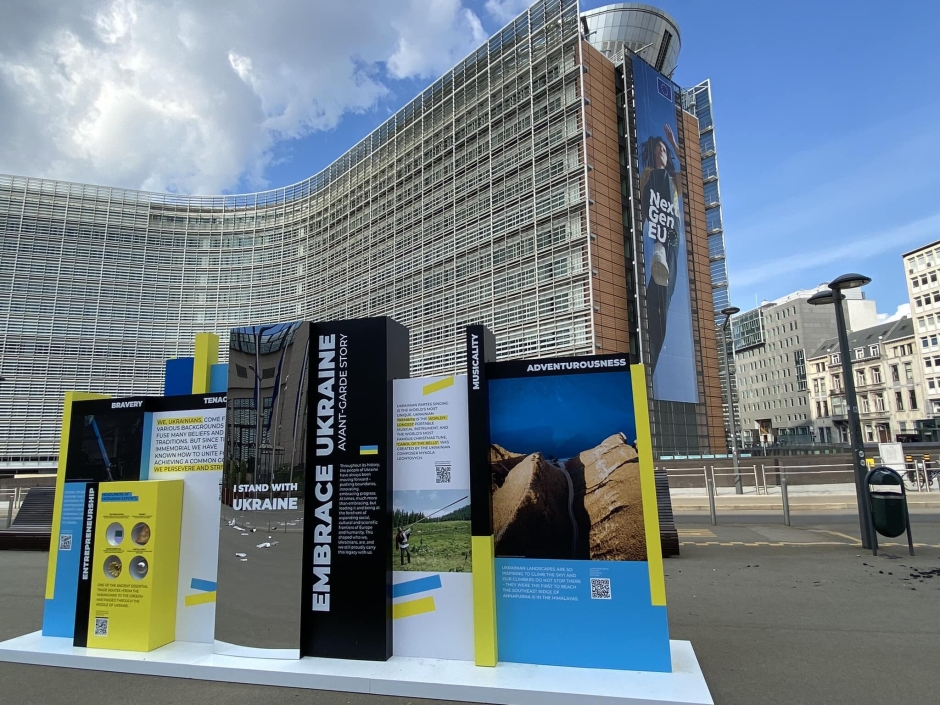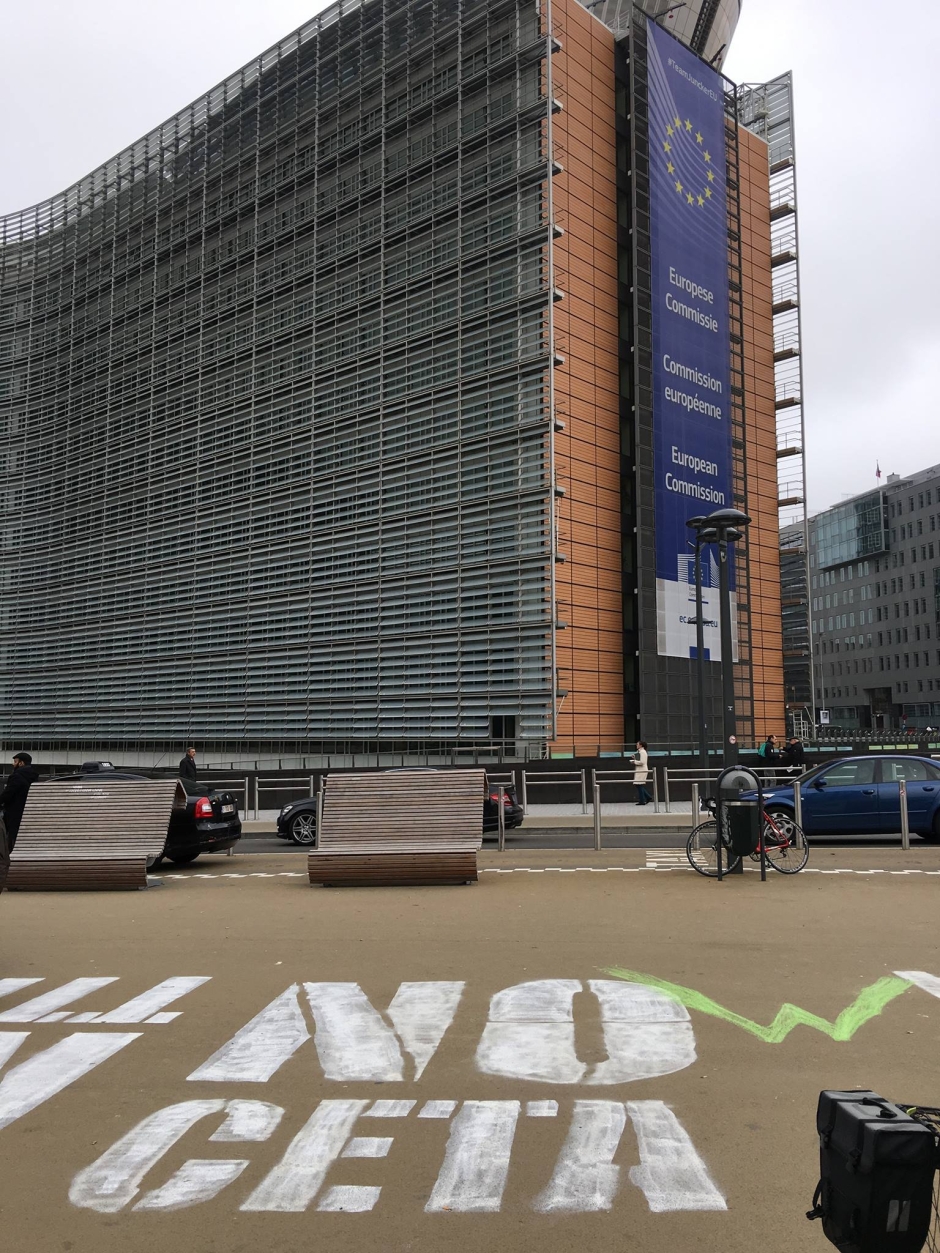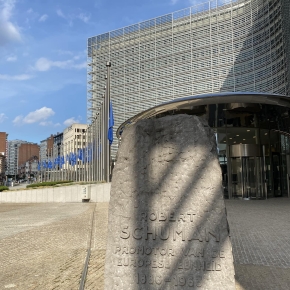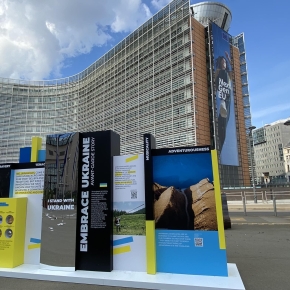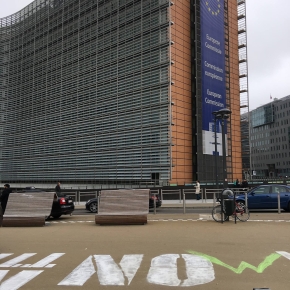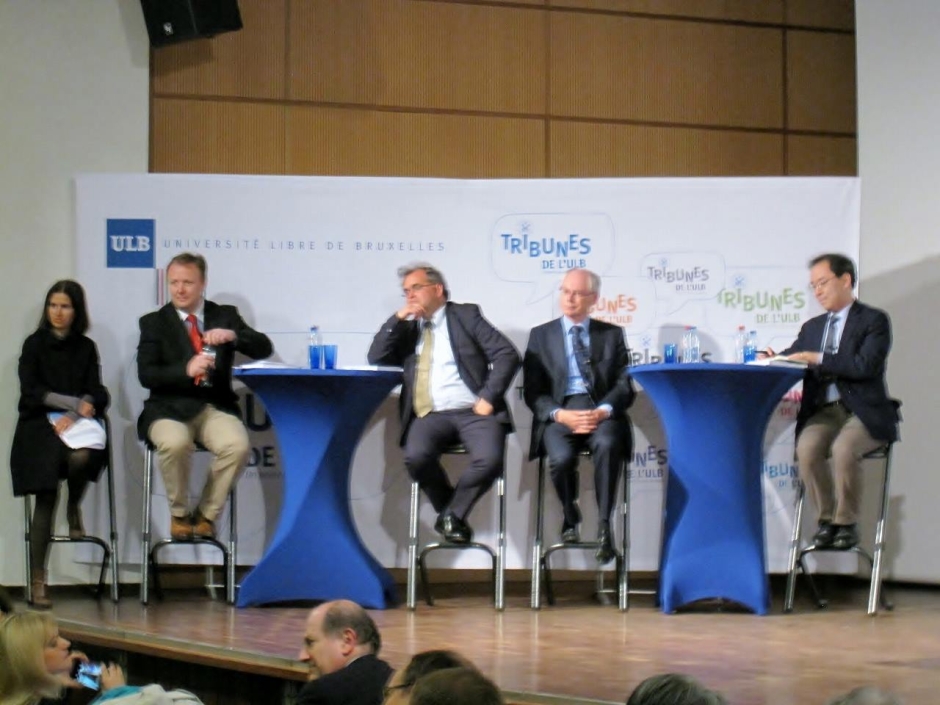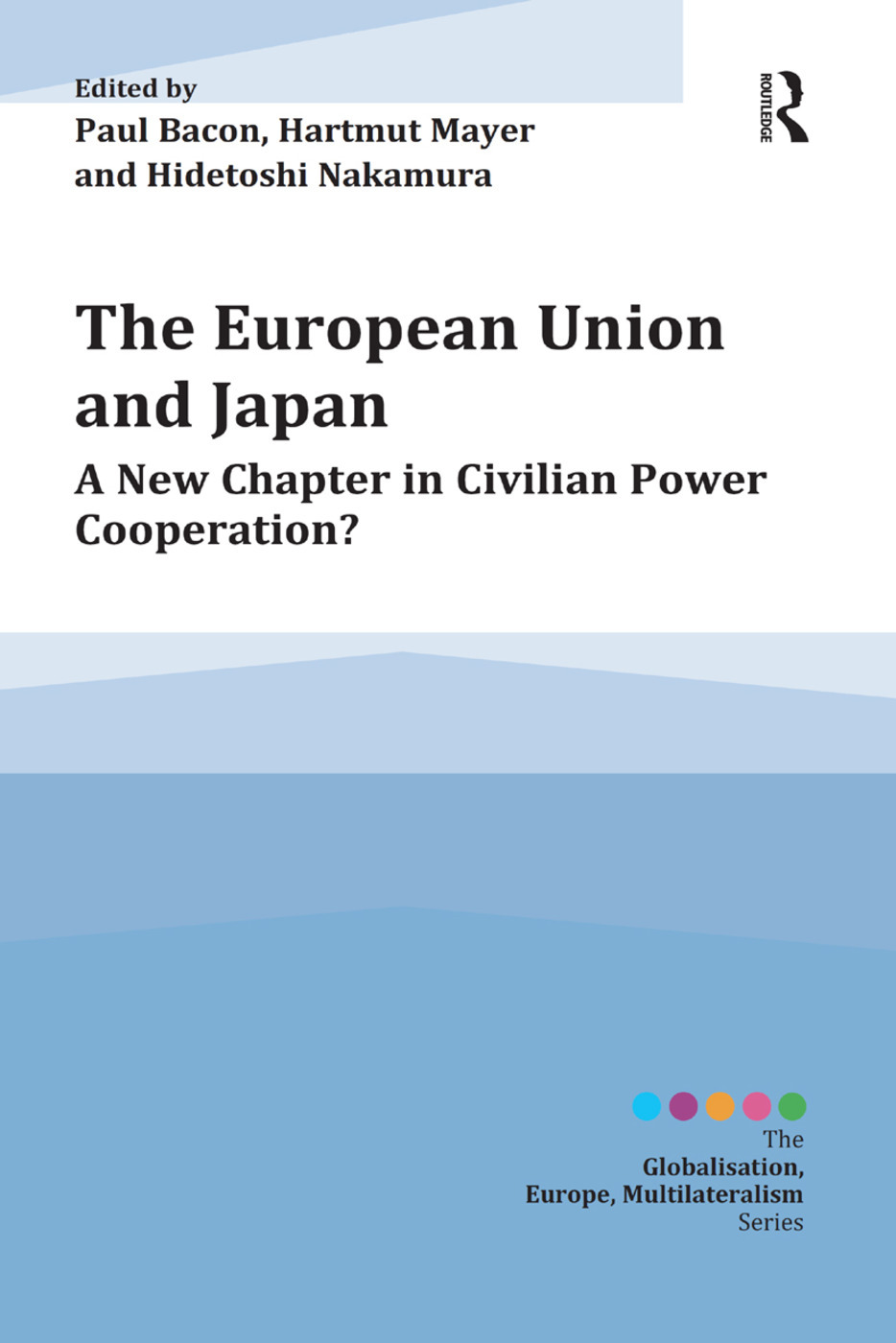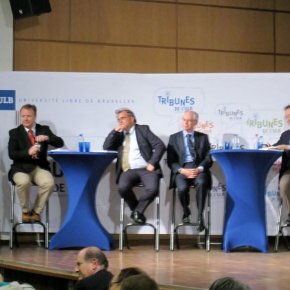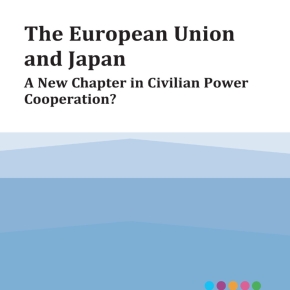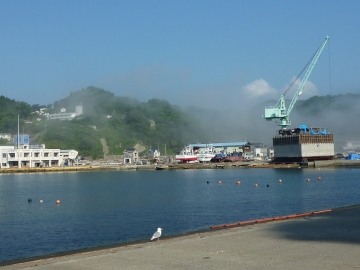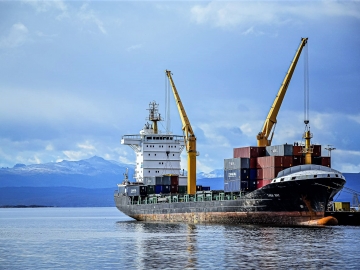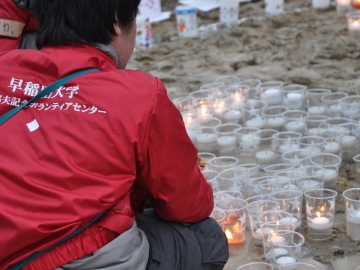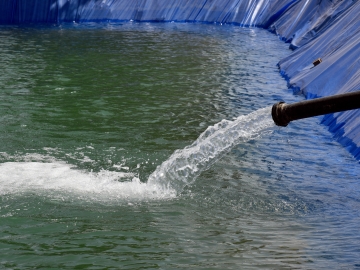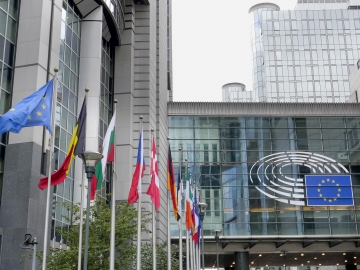Since its foundation in 2001, the Waseda Institute for EU Studies (WIEUS) has been committed to advancing European Union (EU) studies at the cutting edge. Following the two Directors of the Institute, Professor Emeritus Koji Fukuda and Professor Takao Suami, Hidetoshi Nakamura will be the third Director from AY 2025. WIEUS has been in the Organization for European Studies (within which EUIJ Waseda was also established) since AY 2009, and in the Organization for Regional and Interregional Studies (its European Research Unit) since AY 2015. After the transfer to the Comprehensive Research Organization, the institute’s name will remain unchanged, while joint research will continue and be newly developed under new research themes. Meanwhile, the Waseda Institute for British Studies, (WIBS), the Director of which was H. Nakamura, having actively worked from AY 2012 to 2024, will be abolished and its main research activities will be incorporated into WIEUS.
The new research theme of WIEUS from AY 2025 to 2029 is ‘The European Union in a Fluid Global Order: the past, present and future of European integration’. It is in line with the JSPS Core-to-Core Program, Advanced Research Networks, ‘The European Union and Japan in a Fluid Global Liberal Order’, which WIBS has been practically operating for six years. The project was completed in AY2023 and was assessed as having ‘achieved the expected results and the original goals’. WIEUS keeps working with four core partner universities: Université Libre de Bruxelles (ULB) in Belgium, Freie Universität Berlin (FUB) in Germany, University of Warwick (UW) in the UK, and University of Canterbury (UC) in New Zealand.
The major theoretical and conceptual frameworks for this international joint research include (A) comparative regional integration, (B) diffusion of liberal norms and scripts, (C) international/ global actorness, and (D) regional security complex theory (RSCT).
The concrete projects for the five years include (1) the role of the EU in global governance over SDGs, (2) the annual EU-Japan Forum co-organizing with ULB, (3) joint research with FUB Professors Tanja A. Börzel and Thomas Risse within their SCRIPTS project, (4) comparison between European integration and Asia/ Indo-Pacific, (5) the book project on the Future of the West headed by Professors John Ikenberry and Thomas Risse, (6) Kaken-Kiban C project on Normative Power Europe and the ILO: diffusing the SDGs in Southeast Asia, (7) EU-funded ERASMUS+ Jean Monnet Networks project with UC, (8) a book project on European integration theories, (9) comparative actorness among the EU, the UK and Japan, and (10) regional security complex theory applying to European integration and the Indo-Pacific region in particular.
WIEUS has also been the base of education for more than 20 years. It has been a stable forum where many early-stage researchers have worked. The Institute keeps working with those researchers, as they have now obtained tenured positions in universities.
